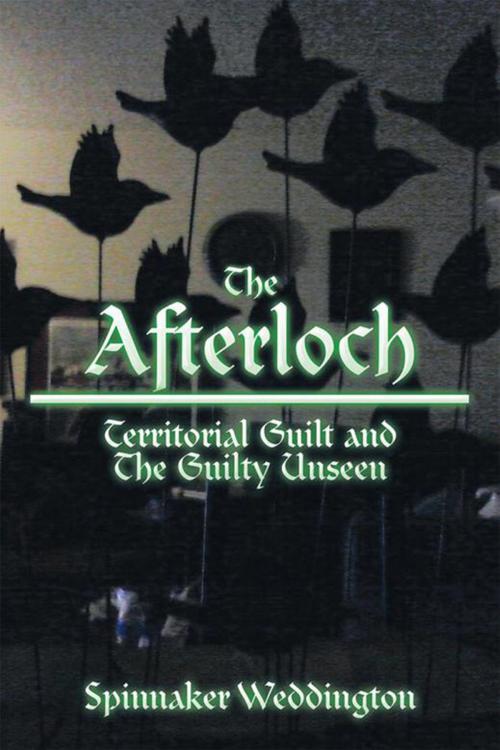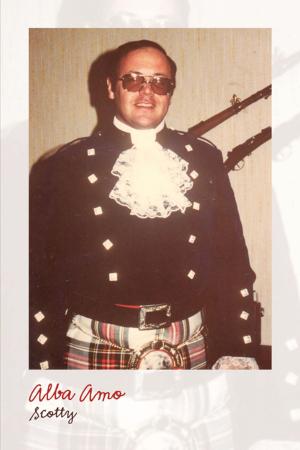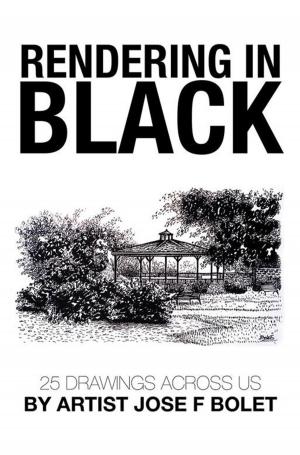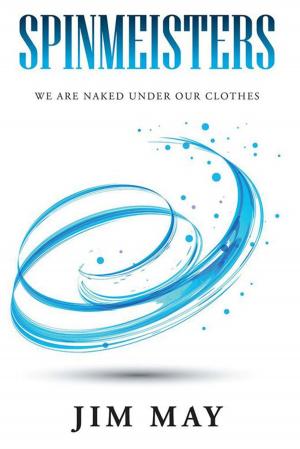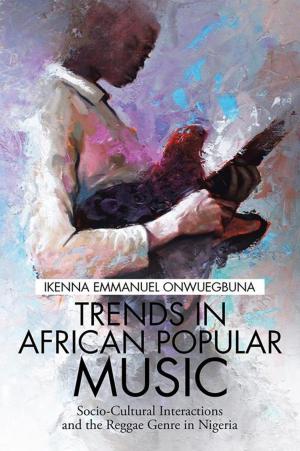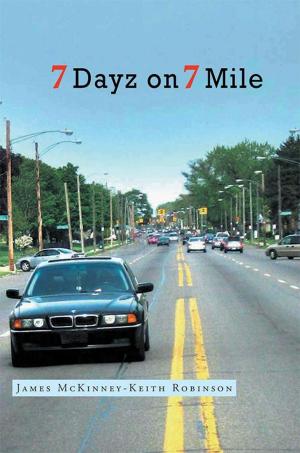| Author: | Spinnaker Weddington | ISBN: | 9781493116393 |
| Publisher: | Xlibris US | Publication: | December 10, 2013 |
| Imprint: | Xlibris US | Language: | English |
| Author: | Spinnaker Weddington |
| ISBN: | 9781493116393 |
| Publisher: | Xlibris US |
| Publication: | December 10, 2013 |
| Imprint: | Xlibris US |
| Language: | English |
The Afterloch is the second narrative collection of the Unleash The Loch series. Primarily mental philosophy, it establishes a narrative which exists mostly in the minds of those who are stuck in situations without knowing what has happened. Cursed or blessed with unconsciousness and a lack of being able to immediately remember and reflect upon where they have been and what has happened to them, very little communication and incidence ensues and they all end up somewhat trapped in the philosophical mentalities they are snagged into by being void of any connection to any true fictional reality. If no-thing much is happening, all they can really do is 'think' and 'think' they do; but much of their inner lives is philosophy, religion, and social -judicial histrionicism. Essentially nothing is really happening in terms of conversation and incidence. But what unravels is how even when seemingly nothing is happening, so much can be happening inside peoples' minds. Moreover something is happening in terms of their contexts. More a concourse of philosophy and thinking than any true narrative entertainment, what unravels stands in difference to the consistent fictional element of the earlier book and predicates a somewhat sinister expos on the problems of living a life in the mind. At bottom if fiction is not happening, philosophy is. And if such is in somewhat uncomfortable situations, fanaticism is bred.
The Afterloch is the second narrative collection of the Unleash The Loch series. Primarily mental philosophy, it establishes a narrative which exists mostly in the minds of those who are stuck in situations without knowing what has happened. Cursed or blessed with unconsciousness and a lack of being able to immediately remember and reflect upon where they have been and what has happened to them, very little communication and incidence ensues and they all end up somewhat trapped in the philosophical mentalities they are snagged into by being void of any connection to any true fictional reality. If no-thing much is happening, all they can really do is 'think' and 'think' they do; but much of their inner lives is philosophy, religion, and social -judicial histrionicism. Essentially nothing is really happening in terms of conversation and incidence. But what unravels is how even when seemingly nothing is happening, so much can be happening inside peoples' minds. Moreover something is happening in terms of their contexts. More a concourse of philosophy and thinking than any true narrative entertainment, what unravels stands in difference to the consistent fictional element of the earlier book and predicates a somewhat sinister expos on the problems of living a life in the mind. At bottom if fiction is not happening, philosophy is. And if such is in somewhat uncomfortable situations, fanaticism is bred.
